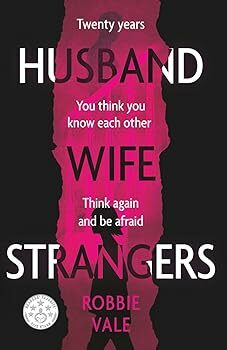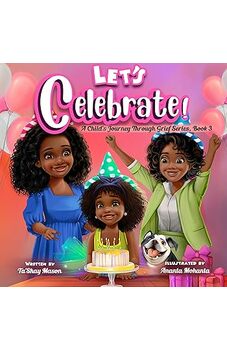Reviewed by Constance Stadler for Readers' Favorite
In one of his final speeches, Barack Obama made a telling comment that echoes one of the illuminating themes of How to Stand Up to Bullying. Bullying is not acceptable in any context. The contentions put forth by M.C. Ryder establish that such an unequivocal statement is front and center when examining the roots of bullying in childhood and how such rooting, if unaddressed, frequently results in the development of an adult social pariah that feeds on psychological decimation. The book begins with an origin story. Bullying is often grounded in a child’s aberrant behavior. To illustrate, when a child lies sequentially, a red flag indicating the need for a concerted effort by teachers, parents, and other adults to intervene is essential. Such negative modes of acting out indicate a child is not content with their reality and feels insignificant or worse. If seeking negative attention is embedded, there is a probability they will become a bully in maturity. Knowing the motives and objectives of a bully is essential to disempowerment, but as the author contends, recognition alone is not enough.
How to Stand Up to Bullying offers invaluable insights, particularly for young adults at formative stages. While some recommended strategies may seem deceptively simple, M.C. Ryder repeatedly emphasizes that developing the mindset needed for effective oppositional behavior is foundational. Constant awareness of choice is a critical concept, such as how to say ‘no’. There is also a wealth of information not likely to be seen in other literature dealing with the topic. Bullying is universal; we all do it. Honking a horn in a traffic jam, making a rude remark to a colleague, or deciding what to do that is predicated on a degree of bias are instances familiar to most of us. Much like school, the workplace teems with opportunities to bully because of the structure of authority. If mentally abused by a customer, they are not ‘always’ right. The author is not an eminent psychologist; rather, her credentials stem from what she has learned from repeated victimization. Such encounters have enabled her to develop an arsenal that has rendered bullying attempts impotent. The most recommended way of coping may seem like a 180-degree shift, but it emphasizes the author’s understanding of the nature of humanity. How to Stand Up to Bullying is not only consistently compelling but may be life-changing, particularly for those on the cusp of adulthood.

























